Eva Erill: "Who will support a project to help a conflict-ridden country that no one talks about?"
The director of Solidarios Sin Fronteras, the only Catalan and Spanish NGO working in Yemen, denounces that the conflict in the Arab country is the most silenced and forgotten on the planet.
Solidarios Sin Fronteras not only has to deal with the most serious humanitarian emergency in the world, which is happening in Yemen, but also has to fight against the indifference and invisibility of a country immersed in a bloody war that has been bleeding the population since 2015.
"One of our main difficulties is finding people willing to support a country that doesn't appear on television or in the media," says Eva Erill, director of this small Catalan NGO, the only one in the Spanish state with a presence in Yemen. On June 2nd, the organization is organizing the seventh Solidarity Festival for Yemen, with activities and musical performances to raise funds and continue saving lives in Yemen.
We talked to Eva Erill to shed light on the dramatic situation in the country and the challenging task that Solidarios Sin Fronteras carries out.
Yemen is one of the worst humanitarian crises in the world.
The humanitarian emergency in the country is the most serious currently on the planet, along with Palestine and South Sudan. Yemen has been at war since March 2015, now nine years. For over a year, airstrikes were momentarily halted, but that doesn't mean the war has ended. In fact, neither side has fully respected the ceasefire, and the conflict is far from over.
Has the situation improved compared to previous years?
Yemen was already one of the poorest countries in the world before the war erupted, and a few months after the conflict began, the humanitarian situation became terrifying. The pause in airstrikes occurred because Saudi Arabia, leading one side with support from the United States, the United Kingdom, and France, among others, wanted to end a war it couldn't win in nine years and that has caused enormous losses. However, the tragedy continues, and the halt in bombings has brought other problems.
In what sense?
Without airstrikes, children started going back to the streets, but the country is full of unexploded landmines and devices. The result is that the number of mutilated and dead children has increased significantly in the last year.
Additionally, bombs have started falling on the country again in recent months.
Yes, following support for Palestine and attacks and hijackings of commercial ships by the Houthis, who control the capital and the northern area, where most of the population lives, the United States and the United Kingdom have resumed bombing the country. However, the underlying problem is that Yemen's war is the most silenced, forgotten, and underestimated conflict by governments and media. No one talks about it, and few are willing to help.
You poured yourselves into it from day one at Solidarios Sin Fronteras.
We were born in 2015, a few months after the war broke out, and we are the only Spanish and Catalan NGO created to help Yemen. We are an organization led by three women and have been doing this voluntarily from day one. We provide humanitarian aid to the population, with no intermediaries, with the main goal of protecting women and children.
How do you help the population in such a difficult context?
We have projects underway to provide food and clean water to families and women with children. One of the problems is that many women have moved from their villages, which have been ravaged and bombed, to cities, thinking they would have more opportunities, but it's just the opposite. So, spontaneously, displaced camps have formed all over the country. We offer them food and clean water.
Another problem is the emergence of diseases and infections.
Yes, in 2016 Yemen experienced the worst cholera epidemic in history. It took four years for the number of infected people to start decreasing, and now we have encountered a resurgence of the disease. At Solidarios Sin Fronteras, we are installing water tanks in these displaced camps, and currently, we have about fifty tanks of two thousand liters each. We provide water to about 8,500 people.
Protecting children is another one of your objectives.
One of the consequences of the war is the surge in child marriages. Before the conflict, it was estimated to be around 17%, while today it has increased to 70%. This has happened because families cannot take care of their daughters, nor can they send them to the streets to beg or sell due to the danger of violence and rape they may face. It's very tough, but marrying them off is the lesser evil. As for the boys, the recruitment of child soldiers sent to the front has also surged.
You try to address these issues from the school.
For us, it's very important that they attend, and we try to negotiate this with families because school feeds and protects them, in addition to educating them, of course. That's why we have a program with schools where we provide a complete breakfast, designed with a pediatrician, to 1,680 children from three schools. These are kids who used to drag themselves and now play in the schoolyard, the change is huge.
The last project is for children in extreme need.
It's a small program we run for kids with severe malnutrition who need immediate assistance, whether it's hospitalization, food, or special milk to alleviate malnutrition, for example. Whatever it takes until they can get out of the danger posed by their state of malnutrition. When they can leave the project, we provide maintenance with infant formula and give them a family food box. Immediately, we admit other children who need it.
Under what conditions do you carry out all this work?
In the nine years we've been operating, we still cannot access the country because entry is restricted since Sanaa airport has been closed since the war began. We also cannot send anything there because no transport company is operating. All of this has forced us to operate in a certain way: we can only accept financial assistance to send it to Faten, the woman who leads our team there, through the only bank that operates in Yemen.
I suppose it hasn't been easy to find people to work in Yemen.
It's not easy at all. We are a very small team and with people we trust deeply because it's very difficult to trust people you don't know there. So, we have to surround ourselves with very close individuals. Besides, we always work with a low profile, without drawing attention, because it can be very dangerous.
The Houthis dominate much of the country. What can you tell us about them?
The Houthis staged a coup and overthrew the internationally recognized government just before the war began. Currently, they control the northern government and the territory where 80% of the population lives. Due to their support for the Palestinian cause, it is paradoxical that in the West, especially from the left, they are whitewashed and seen with some sympathy.
The reality is very different...
They have terrorized the population and act similarly to the Taliban in Afghanistan. That is, especially targeting women and girls and restricting their rights. They enacted a law, for example, that prohibits Yemeni women from working or collaborating with international humanitarian organizations.
The situation in Yemen always gets overshadowed by other conflicts with more media coverage.
The thing is, it never seems to be the right time to talk about Yemen. It was Syria's moment, then Ukraine's, now it's Palestine's, but Yemen's moment never arrives. One of the reasons for this is the arms sales by Western governments, including Spain. On the one hand, Pedro Sánchez announces the recognition of the Palestinian state, which is very good, but on the other hand, arms are still being sold to Saudi Arabia and the United Arab Emirates, which are massacring the people of Yemen. There's a lot of hypocrisy.
How does this invisibility of what's happening in Yemen affect you?
This widespread indifference poses many difficulties for us to carry out our work. Who will give money or support to a project to help a country in conflict that nobody talks about? Most people don't even know what's happening in Yemen. It's difficult to gather support when people have other options to help countries with conflicts that are on TV and in the media every day.
For those who want to collaborate with you, how can they do it?
Through our website and our social networks, they will find different ways to help us. They can do it by contributing one euro per month through the Teaming platform, where we have three open groups for each project we have in Yemen. They can also make one-time or regular contributions with a credit card, Bizum, or PayPal. And, of course, they can become members of Solidarios Sin Fronteras and make regular contributions.
How do you see the future of the country? Do you believe it can return to normalcy someday?
That's the million-dollar question. I think, in the short term, it will be very difficult. The situation in Palestine has once again shaken everything and has generated very extremist views about Yemen, stemming from ignorance. Some now view Yemen with sympathy, while others consider it a terrorist state. The only solution I see, which is far from being realized, is for the West to leave the country and stop the arms trade that benefits so much from the conflict.
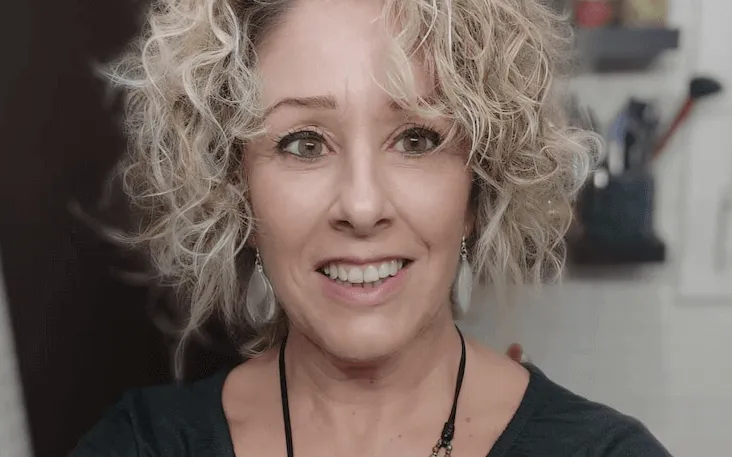
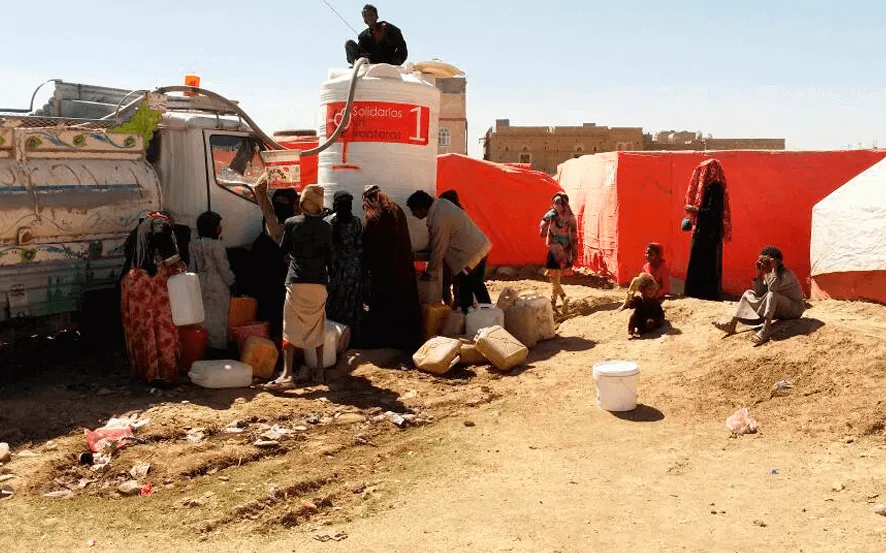
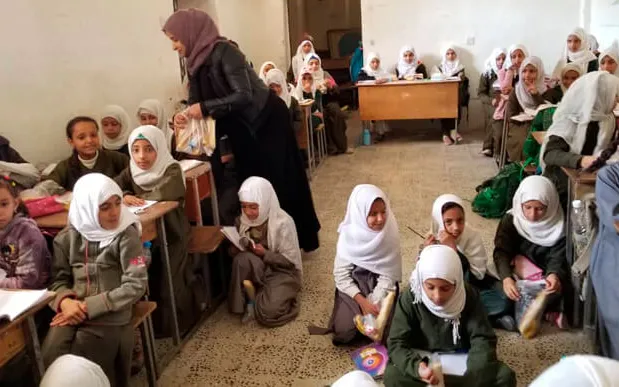


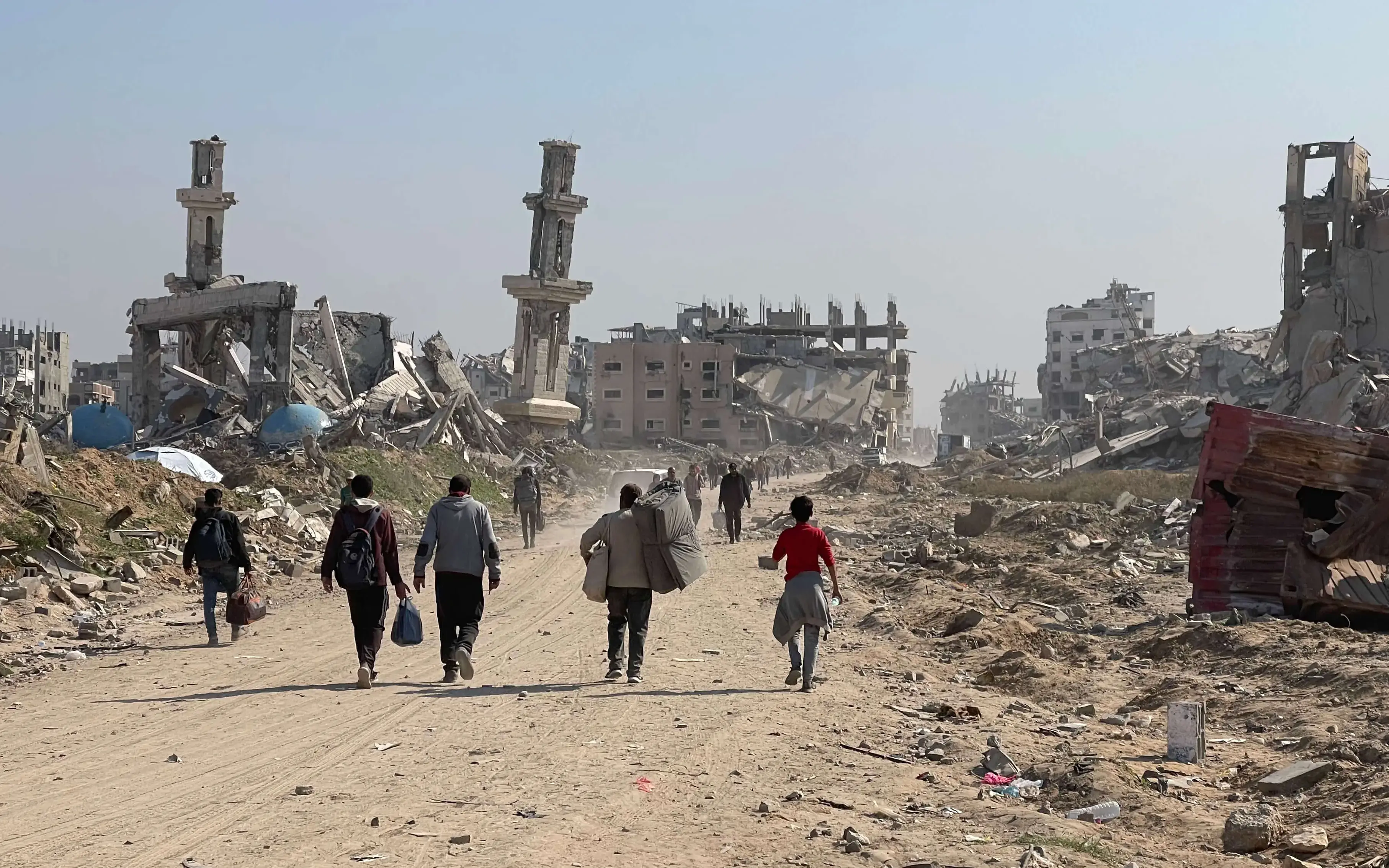

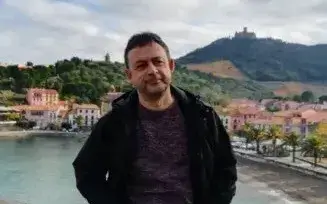
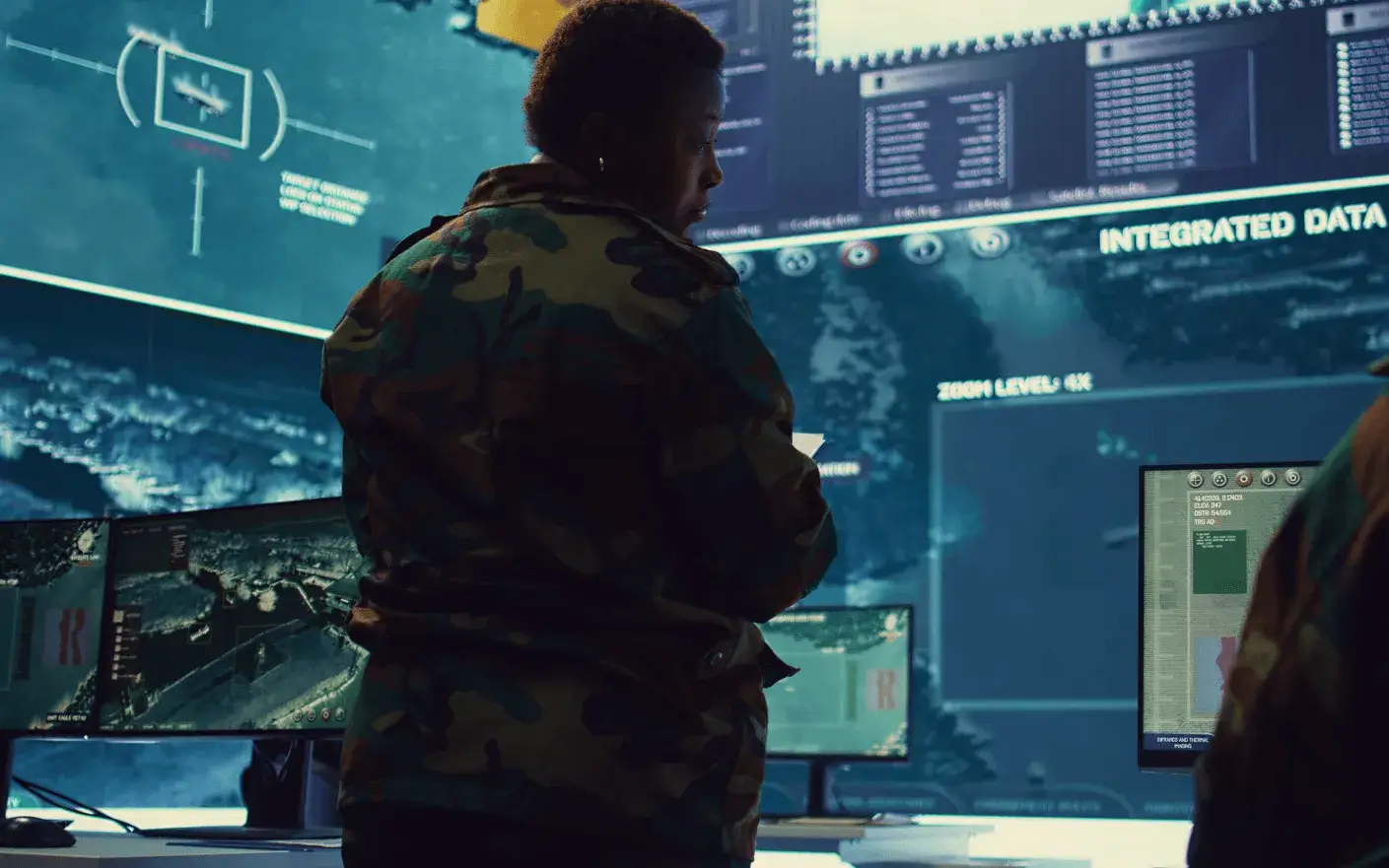
Add new comment